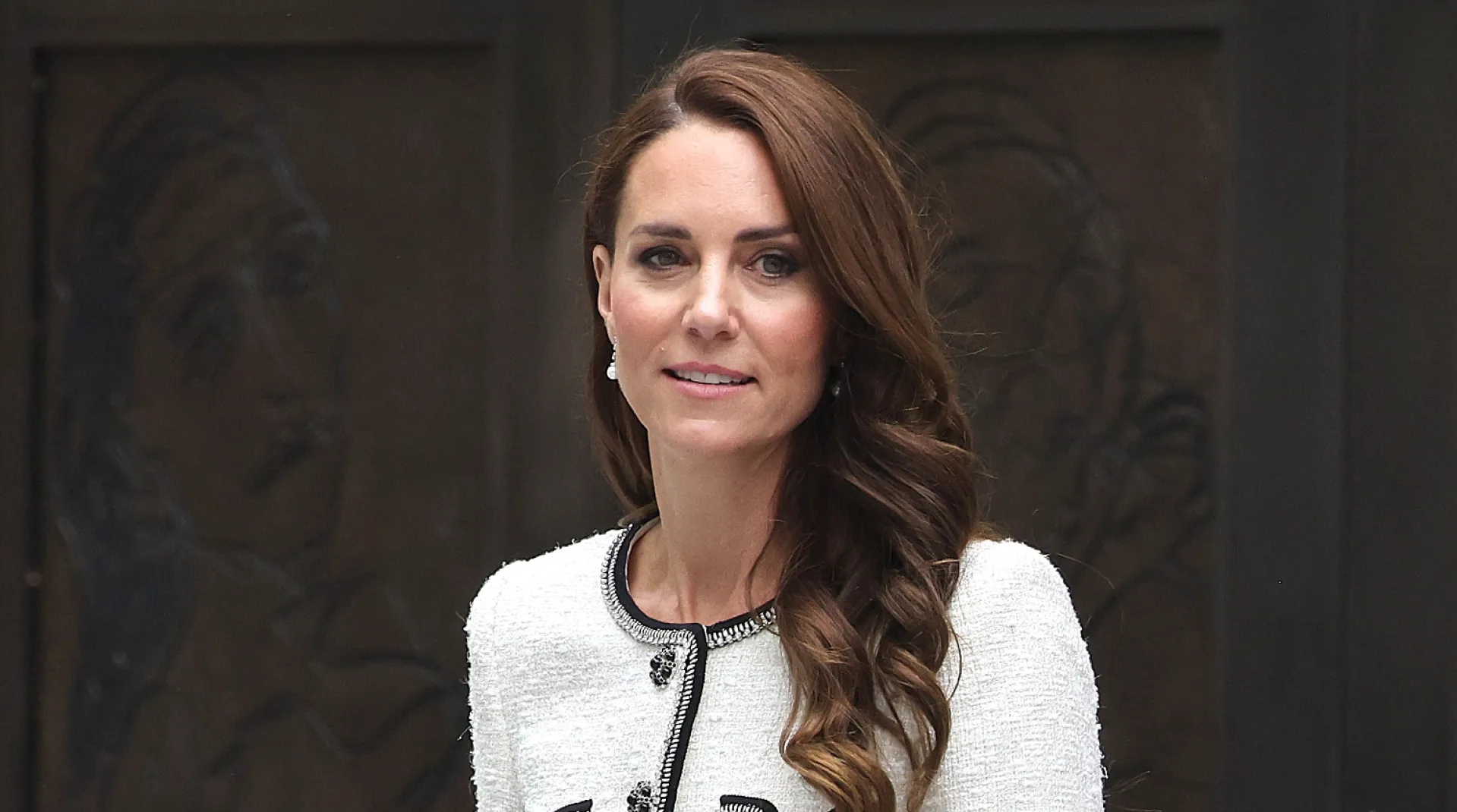Albanese Clinches Second Term as Australians Reject Trump-Era Conservatism

Prime Minister Anthony Albanese has won a historic second term, delivering a crushing blow to Australia’s conservative opposition in an election defined by global instability and disillusionment with Trump-style politics. The Labor Party’s resounding victory comes as voters favored steady leadership over abrupt change, echoing political shifts seen in other Western democracies, including Canada’s recent leftward turn.
Peter Dutton, leader of the Liberal Party, suffered a dramatic defeat, losing his long-held Brisbane seat in a result that mirrored the downfall of Canadian conservative leader Pierre Poilievre. The loss highlights how closely tied the Australian opposition had become to Donald Trump’s polarizing influence, which has, according to local polls, shaken Australians’ trust in U.S. policy direction.
Albanese’s win makes him the first Australian leader to be re-elected in 20 years, with his Labor Party securing at least 87 seats in the 150-member lower house. Appearing emotional and triumphant, he addressed supporters in Sydney, thanking them for embracing optimism amid a volatile global climate. Contrary to predictions that both major parties would lose ground, Labor strengthened its majority.
International leaders quickly extended congratulations. U.S. Secretary of State Rubio reaffirmed Australia as a “valued ally,” and U.K. Prime Minister Keir Starmer emphasized the enduring bond between the two nations. Despite Trump’s tariff threats, Albanese maintained that Australia remains committed to its alliance with the U.S., noting previous cordial exchanges with the American president.
Throughout the campaign, Albanese stood firm against Trump’s 10% tariffs on Australian exports. After Trump’s “Liberation Day” announcement on April 2, he publicly denounced the move, calling it “not the act of a friend.” In contrast, Dutton was unable to distance himself from Trump’s legacy—especially after one of his shadow ministers echoed the slogan “make Australia great again,” inadvertently reinforcing negative comparisons.
Albanese’s steady leadership has been credited with mending diplomatic ties strained during the previous administration, particularly with China and Pacific Island nations. However, on the home front, he faces ongoing criticism for his government’s limited success in controlling rising living costs. To address this, he has pledged tax cuts, more affordable medicine, reduced housing deposits, and 1.2 million new homes.
Environmental policy remains a defining issue for Albanese’s administration. Though elected in 2022 on a platform of climate action, his government has drawn criticism for approving new coal and gas ventures even as it rapidly expanded renewable energy capacity. Still, he reaffirmed his commitment to net-zero goals and emphasized that clean energy presents a critical opportunity for Australia’s economic future.
The Liberal Party’s defeat means that plans to build seven nuclear power plants—touted by Dutton but heavily criticized as a smokescreen for delaying fossil fuel transition—will not proceed. Greenpeace Australia Pacific CEO David Ritter declared the result a clear rejection of the Coalition’s “Trumpist agenda,” praising voters for choosing environmental protection and sustainable progress.
What's Your Reaction?
















:format(webp)/cdn.vox-cdn.com/uploads/chorus_image/image/70136881/1347078605.0.jpg)





